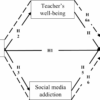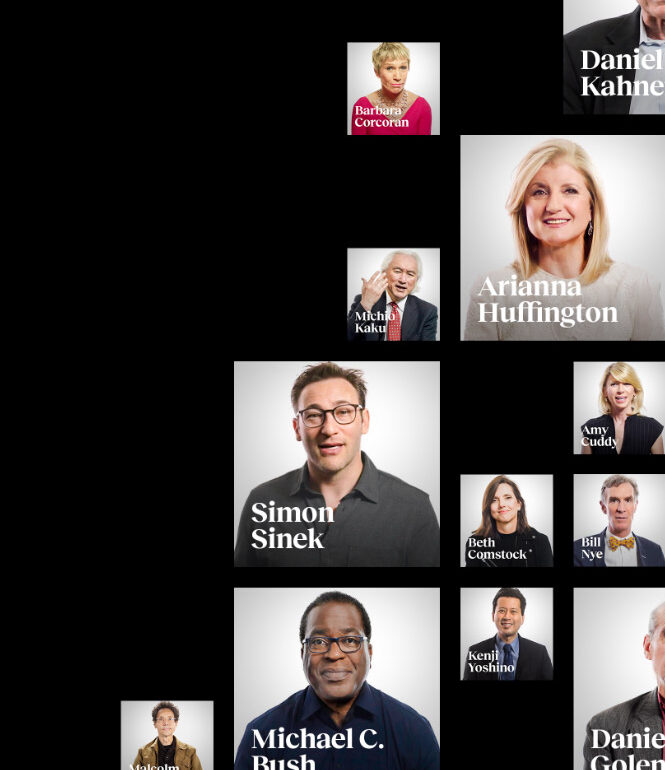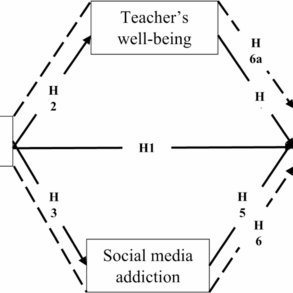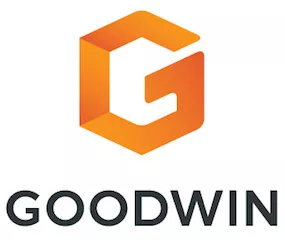Sign up for the Big Think Business newsletter
Learn from the world’s biggest business thinkers
I’m a capitalist and a fervent believer in its fundamental economic premises. We have freedom to imagine, invent, and improve, to delight and serve people by providing a product or service that enhances their lives, honorably, with trust and respect. This is the elixir that drives me. In my mind, this is capitalism’s foundation. And it is certainly fair and just to reward entrepreneurs and all businesspeople who follow this simple recipe. There is no cakewalk to success — and I love the risk-taking entrepreneurial spirit that capitalism fosters.
Yet, somewhere along the line, capitalism lost its luster, misplaced its meaning, and has even become maligned and criticized in some social circles. The larger the enterprise, the greater the scorn. In a 2021 Gallup Poll, a mere 18% of Americans had confidence in big business, and just one in three Americans had a positive view of Big Tech. Hardly conducive to warm, fuzzy feelings.
Clearly, it’s time for a transformation and an ascension. I call it “Restoration Networking.” This new path for social media protects, respects, and empowers the regular users most of us are and the aspiring and successful content creators among us, all while rejecting surveillance, targeting, and manipulation as revenue sources. How can we pull this off? By shifting to the rapidly proliferating, ethical, and fruitful economic paradigm called Conscious Capitalism.
(Note to skeptics: In the wake of Sam Bankman-Fried and his misappropriation of “Effective Altruism,” we are correct to be wary of catchy buzzwords. But Conscious Capitalism is tried and true, with plenty of companies that have successfully adopted its principles. The proof is in the pudding.)
I’ve had extraordinary advisors in my social media odyssey. One of the most invaluable is my good friend Raj Sisodia, cofounder of the worldwide Conscious Capitalism movement. Raj wrote the bestselling book Conscious Capitalism with Whole Foods cofounder John Mackey. Like all of us, Raj is aghast at capitalism’s current distortion.
Raj has endeavored to bring forth an equitable future that fulfills the Conscious Capitalism credo: “We believe that business is good because it creates value, it is ethical because it is based on voluntary exchange, it is noble because it can elevate our existence and it is heroic because it lifts people out of poverty and creates prosperity.” To put it simply, Conscious Capitalism is doing well by doing good.
The philosophy of Conscious Capitalism combines profits and social responsibility. The Harvard Business Review has shown that companies practicing this modus operandi perform 10 times better than their peers. One of the core tenets of Conscious Capitalism is considering the best interests of everyone affected by the business. Everyone. In the case of Restoration Networking, that means a healthy alignment of revenue-sharing with all of us as social media users. This is not a Kumbaya sing-along. It’s practical and empowering.

Try Big Think+ for your business
Engaging content on the skills that matter, taught by world-class experts.
Of course, like any significant movement, Conscious Capitalism has its detractors. Some believe that it redistributes too much power away from business owners and investors. Others believe it doesn’t redistribute enough. It’s a fine balance to be sure, and its success speaks for itself.
There are many examples of major companies succeeding today with Conscious Capitalism. One of the most well-known is Whole Foods. Yes, it was perhaps an even better global Conscious Capitalist citizen prior to being acquired by Amazon. Nonetheless, it still maintains several important tenets of its prior self. Notably, the company works with the Global Animal Partnership to certify its producers follow the 5-Step Animal Welfare Rating standards. It also forbids the use of artificial colors, flavors, and high-fructose corn syrup in any products for sale in its stores.
We can also look to the blossoming Benefit Corporations (B Corps) movement as another example of thriving Conscious Capitalism. B Corps support sustainable and responsible business practices, considering the impact of their actions on a variety of stakeholders, including employees, customers, their community, and the environment. Successful B Corps include REI, Ben & Jerry’s, ButcherBox, Toms, Danone North America, Vital Farms, Clean Choice Energy, Warby Parker, and Patagonia. Each of these companies is highly successful and has excellent brand loyalty.
The tech space is already proving that companies can do well by doing good too — even if they’re not anointed “Conscious Capitalist.”
Perhaps you’re a Patagonia fan. The company has reaped the benefits of boosted sales growth and strong brand loyalty due to its Conscious Capitalist principles. In fact, Patagonia’s revenue has quadrupled over the past decade. In the words of former CEO Rose Marcario, “Doing good work for the planet creates new markets and makes [us] more money.”
Salesforce, Trader Joe’s, The Container Store, and many others, while not B Corps, operate as fully declared Conscious Capitalist enterprises. They demonstrate that the world is ready to spend its dollars with companies that embrace business practices making the world better and healthier.
The tech space is already proving that companies can do well by doing good too — even if they’re not anointed “Conscious Capitalist.” Take the search engine DuckDuckGo, for example. You might have used it, seen its billboards, or heard its ads. It competes with the Goliath known as Google via several differentiations — it doesn’t track users, personalize results, or send your information to advertisers. Has this resonated with users? Absolutely. In 2023, the company reportedly had 100 million users.
Then there’s Apple, one of the largest companies in the world with a market cap in 2024 of over $2.8 trillion (that’s trillion with a t!). Apple makes products that many of us love, and — notwithstanding significant issues endemic to Big Tech, including anticompetitive practices — it successfully markets itself as a privacy-focused company that rejects Surveillance Capitalism. Maybe you’ve seen one of Apple’s billboards while driving — many of them say in giant letters “Privacy. That’s iPhone.”
The bottom line is that Conscious Capitalism (i.e., respecting customers, vendors, users, and employees as valued stakeholders), while highly effective on an uplifting, feel-good level, can also generate tremendous profits for practicing companies. It’s time for personal social networking to do the same.
In this article
Sign up for the Big Think Business newsletter
Learn from the world’s biggest business thinkers









